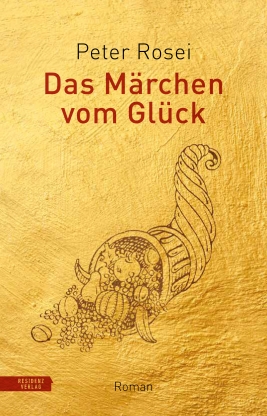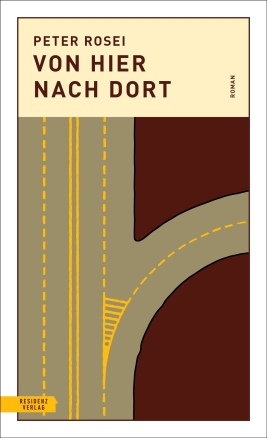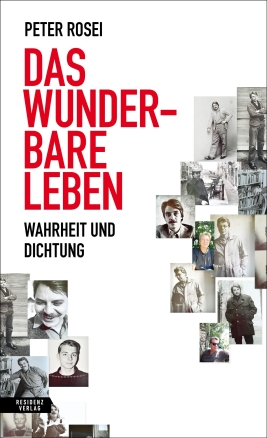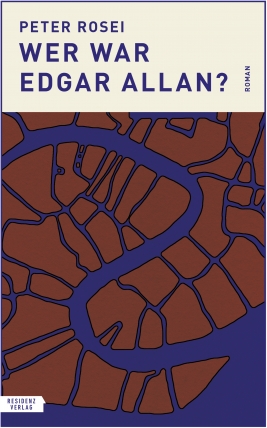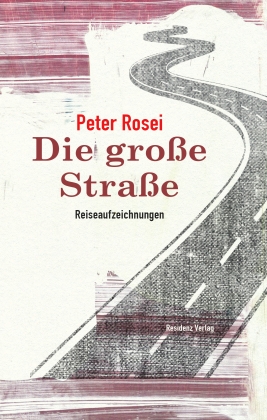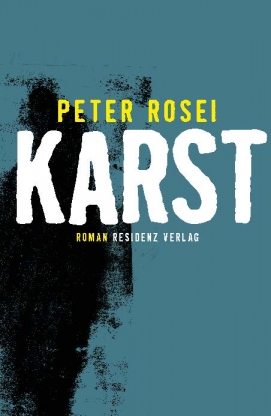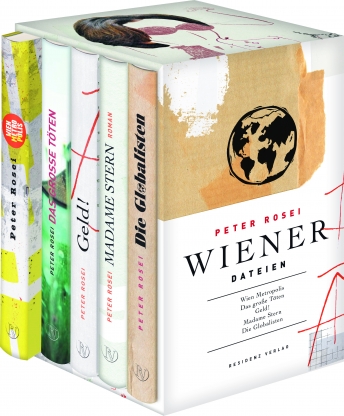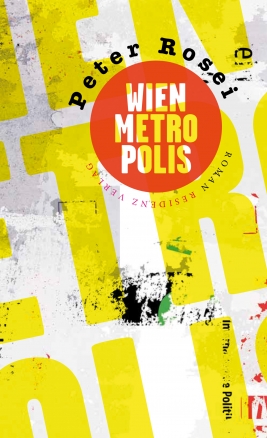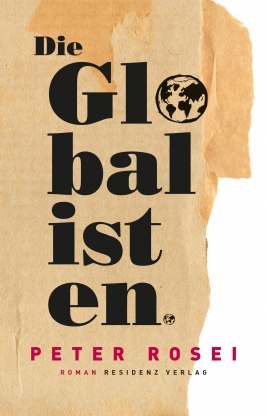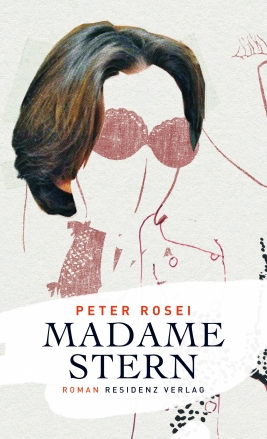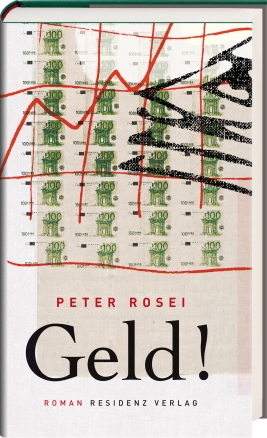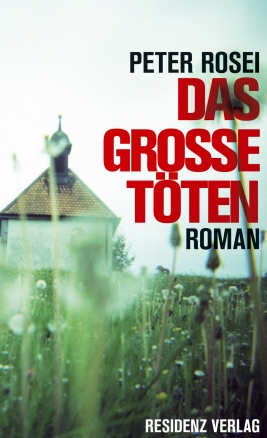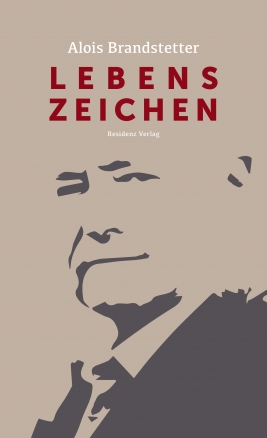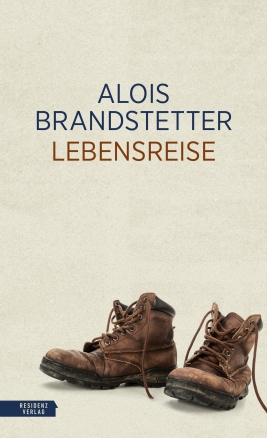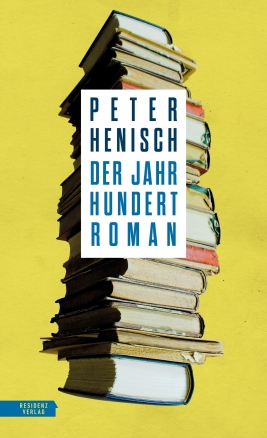Peter Rosei geht in dieser Fragestellung weit über das Schicksal des Einzelnen hinaus; unaufdringlich deutet er die ökonomischen und politischen Zusammenhänge und die genderspezifischen Unterschiede an , welche die Bedingungen des jeweiligen Glücks beeinflussen.
[Quelle: Alexandra Millner, DIE PRESSE]
Die große Gabe von Peter Rosei, Charaktere mit wenigen Wörtern zu skizzieren und ihre Beziehungsverstrickungen zu betonen, zeigt sich auch in seinem aktuellen Buch "Das Märchen vom Glück". (…) Geschickt verknüpft Rosei die sozialen Milieus und macht mit dem "Märchen vom Glück" die unausweichlichen Abhängigkeiten schmerzlich bewusst, ohne mit dem Zeigefinger darauf hinzuweisen.
[Quelle: Alexander Peer, LITERATURHAUS.AT]
So viel Leben! Einfaches Leben. Das ergibt in konzentrierten Sätzen, in Essenzen, ein großes Glück, was Peter Rosei gelungen ist.
[Quelle: Peter Pisa, KURIER]
In seinem neuen Roman widmet sich Peter Rosei ganz ohne Sozialromantik den Rändern der Gesellschaft.
[Quelle: Wolfgang Huber-Lang, APA]
Eine Geschichte, die angenehm und leicht zu lesen ist. Ein flüssiger Stil. Aber auch das Thema hat einen Tiefgang.
[Quelle: Johann Günther, AUSTRIA-FORUM]
So begleitet auch Rosei Frauen und Männer in seiner Prosa, skizziert sie typenhaft wie im Märchen. Die Erzählperspektive wechselt ständig vom Außen ins Innen, und von einer Figur zur anderen. So wird kein individueller Entwicklungsweg gezeigt, sondern mehrere Wege und Möglichkeiten.
[Quelle: Brigitte Schwens-Harrant, FURCHE]
Wie immer bei Rosei: Empfehlung.
[Quelle: Oliver Herzig, XING]
In einen knappen, dialogreichen (Umgangs-)Sprache setzt der mehrfach ausgezeichnete Autor die Protagonist*innen schemenhaft ins Bild und lässt so viel Deutungsspielraum.
[Quelle: Gabriele Fachinger, EKZ]
Stets widmet sich Rosei dem Menschen in seiner Verstrickung in das unvorhersehbare Schicksal – und stets wird dabei ein zutiefst empathischer Blick eines Autors auf seine Helden erkennbar.
[Quelle: Björn Hayer, WIENER ZEITUNG]
Glücksversprechen und Romantizismen sind seine Sache nicht. Seine Protagonisten gewinnen selten den Jackpot in der Lebens-Lotterie – und wenn, zahlen sie am Ende tüchtig drauf.
[Quelle: APA]
Peter Rosei nimmt in seinen Romanen die ganze Gesellschaft ins Visier.
[Quelle: Sebastian Fasthuber, FALTER]
Er zählt zu den produktivsten und vielseitigsten Schriftsteller unserer Zeit.
[Quelle: Katja Gasser, ORF ZiB]
Rosei verwandelt die Beobachtung seiner Mitmenschen in Literatur.
[Quelle: 3 SAT]
